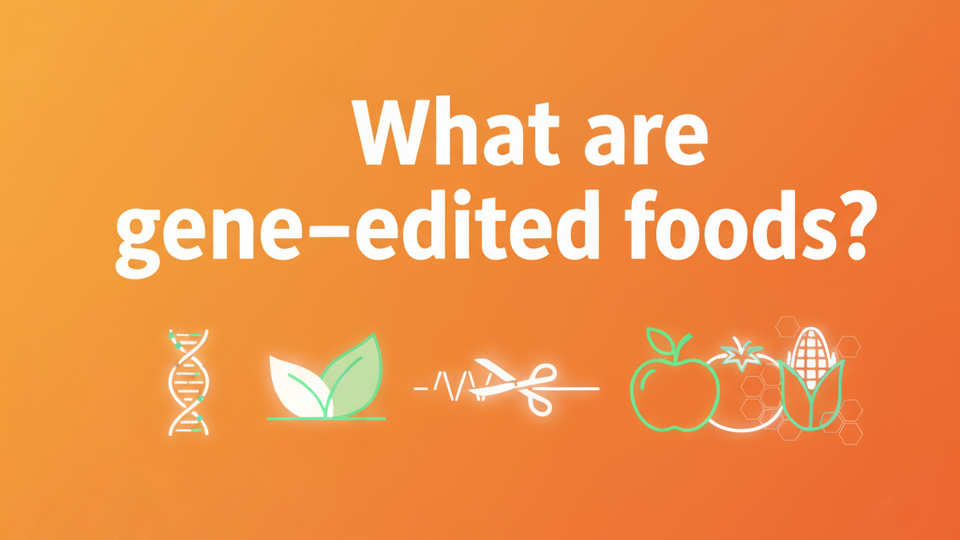Food & Beverage
Transparency: Key to consumer acceptance of gene-edited foods

November 6, 2025
Consumer willingness to buy gene-edited foods, products made from plants, animals or microorganisms whose DNA has been altered using new genetic technologies, is driven by transparency and communication that highlights clear, personal and values-based benefits, according to a joint study by The Center for Food Integrity and the The Food Industry Association.
The study, "Consumer Acceptance of Gene-Edited Foods," found that when consumers were informed about the process and purpose of gene editing, their purchase intent increased across all tested categories: pork, eggs, tomatoes and bananas.
"This research gives the food industry an evidence-based roadmap for how to communicate about emerging food technologies," David Fikes, executive director of the FMI Foundation, said in a company release. "Consumers want innovation that makes food safer, healthier and more sustainable, but they also want honesty, transparency and shared values behind that innovation."
The findings offer a path for fast-casual and quick-service restaurant chains considering using ingredients developed with gene editing to improve quality, sustainability or cost consistency.
Key Takeaways for the Industry
The research highlighted specific benefits that resonated with consumers, suggesting how fast casuals can frame their messaging:
- Pork: Acceptance was strongest when the gene-editing benefit was tied to reduced antibiotic use and healthier animals. This aligns with growing consumer demand for animal welfare and clean-label messaging.
- Eggs: Consumers valued stability in price and reliable supply amidst disease outbreaks, pointing to supply chain resilience as a key selling point.
- Tomatoes: The highest perceived value was linked to health benefits, such as maintaining healthy blood pressure.
- Bananas: Practical benefits like reduced food waste and a longer shelf life resonated as planet-friendly and sustainable.
The study revealed that providing context drives comfort, as acceptance rose universally when gene editing was introduced clearly and transparently. Furthermore, the credibility of the information was high, with more than 70% of consumers expressing satisfaction with the details provided.
"Gene editing offers incredible promise, but success depends on connecting with consumers and delivering benefits that align with their values," Charlie Arnot, CEO of CFI, said in the release. "When the food system leads with transparency and shared values, innovation like this can strengthen trust."
Across all products, FDA approval provided a strong safety signal, confirming the products were safe and effective. The research included healthy and mainstream consumers, both of whom showed high levels of acceptance when the benefits aligned with their priorities: improved health, reduced waste and animal well-being.
The study, conducted by Circana, surveyed U.S. consumers ages 18-70 through an online platform in August 2025.
 ChatGPT
ChatGPT Grok
Grok Perplexity
Perplexity Claude
Claude












